Contributor: Ali Ahmed
Work and Life is a radio program hosted by Stew Friedman, director of the Wharton Work/Life Integration Project, on Sirius XM’s Channel 111, Business Radio Powered by Wharton. Every Tuesday at 7 pm EST, Stew speaks with everyday people and the world’s leading experts about creating harmony among work, home, community, and the private self (mind, body, and spirit).
On Work and Life, Stew Friedman spoke with Julie Coffman, a partner at Bain and Company for over 25 years and also a chair for Bain’s Global Women’s Leadership Council, which aims to increase the number of women in Bain’s leadership ranks. Her primary focus in management consulting is to address the most pressing strategic issues in healthcare practice. Coffman has co-authored three whitepapers on gender parity: The Great Disappearing Act: Gender Parity Up the Corporate Ladder, Flexible Work Models: How To Create Sustainability In a 24/7 World, and Everyday Moments of Truth: Frontline Managers are Key to Women’s Career Aspirations. She spoke to Friedman about building a support system for women to diminish the gender gap in senior leadership positions.
Stewart Friedman: Julie you have been at Bain for over 25 years as a very successful management consultant. Healthcare has been your primary focus. How did you get into issues of gender parity in the workplace?
Julie Coffman:  It’s interesting, Stew, because I would say early in my career it was not something I spent time on or focused on. Bain is a meritocracy. You do a great job, you get recognized. About 10 years into my career, I was noticing as I got more senior, there were fewer and fewer women in meetings with me, externally with my clients, but also internally. It all dawned upon me as I got married and had children; I have three wonderful kids and my husband. And as all those things came together – I love your Work/Life integration by the way, it’s such an important way to describe it all –that led me to start thinking a lot more about what it was that was enabling me to pursue my career, and build the family life I wanted. What was different for other people? And what were we doing at Bain to try and figure this out more coherently.
It’s interesting, Stew, because I would say early in my career it was not something I spent time on or focused on. Bain is a meritocracy. You do a great job, you get recognized. About 10 years into my career, I was noticing as I got more senior, there were fewer and fewer women in meetings with me, externally with my clients, but also internally. It all dawned upon me as I got married and had children; I have three wonderful kids and my husband. And as all those things came together – I love your Work/Life integration by the way, it’s such an important way to describe it all –that led me to start thinking a lot more about what it was that was enabling me to pursue my career, and build the family life I wanted. What was different for other people? And what were we doing at Bain to try and figure this out more coherently.
The other part I’ll mention is it became more and more important to our clients; diversity more broadly, gender, of course, but also ethnicity, race, background, education were a variety of things that we believe could solve tough problems. Bringing multiple mindsets, multiple perspectives and styles to the table actually increases your effectiveness. And so it was not just a nice thing to do or the politically correct thing to do, but actually something we believed that for our continued growth of the firm, we had to try and get out in front of.
SF: Because the marketplace was demanding it?
JC: Exactly right, the marketplace – we were seeing more and more that in buying positions both inside and outside with our clients. If you think about who controls purchase decisions at a consumer level and increasingly at a B-to-B level, there’s a new female dominance or at least real strong influence in healthcare, in particular, but also hospitality, retail, consumer goods. And so bringing more women perspective into the boardroom into the executive suite and also into the multiple functional areas that we’re getting, more and more populated by the women became increasingly important to our clients.
SF: What did you have to do to start to be more systematic to really change the makeup of the top management team?
JC: First saying that we are at the middle of the journey as opposed to the end of the beginning – I’m not sure which. – It is a long path for any organization to truly try and tackle this issue. I would say that Bain, what we’ve done in this journey in the last five or six years is, first and foremost, to establish the fact base. To sort of dimensionalize the challenge. Our internal challenge for numbers – male vs. female – at all levels of the firm. Where we were seeing the leaky bucket? We were doing pretty well bringing people in from top university campuses, from MBA programs. But then we needed to think about where we losing people. Where geographically we were having “hot spots,” if you will, was in the 10-year ladder, losing people. And then what were the issues being raised by folks when they made career decisions?
SF: So, what did you discover when you began to look systematically at the issue?
JC: There were three broad themes that started to emerge. Number one was that we clearly needed to focus on women feeling like there was someone out there truly investing in them to succeed. We’ve always been a big apprenticeship firm – lots of coaching, lots of mentoring. But we started to get enamored by this concept of sponsorship versus pure mentorship and I’m guessing you’ve probably discussed that maybe in past shows. But this idea that someone will truly advocate on your behalf. And I don’t mean to change the promotion process. But I do mean a senior leader that leads projects or works with clients and knows your work, and is looking out for ways to help you grow and be successful and taking you on their teams and getting you opportunities that may not just come along.
SF: So, that’s the sponsorship role? Different than mentorship, which is more – or how would you describe it?
JC: If you show up at my office and say, “I’d love some coaching or advice or learning on how I can get better,” I think I could probably provide that to someone whether or not I had personal knowledge of their own capabilities or would co-brand my own reputation with theirs.
SF: Co-brand you reputation? So that’s really linking your future with theirs? Is that what you mean?
JC: That’s right. That’s what differentiates sponsorship from pure mentorship. I think that mentorship is coaching that you could provide but you may not want to hitch your star to theirs. Sponsorship is another level of saying we’ve done things together, we’ve accomplished great outcomes together, and I want to help you grow in the business. I will go out of my way to help you do some things that will help you get your next opportunity, etc.
SF: So is that the essential part of your strategy, to develop more successful sponsorship relationship because those are hard to engineer, aren’t they?
JC: They’re really hard. So that was the first thing. It’s sort of an elaborate matchmaking process. They are not assignable. Well, first of all I was going to make the point of saying it’s mostly our senior men that were reaching out and sponsoring our up-and-coming women. We had many more male partners than females so if you’re thinking about the junior partners, or the managers, the people who have been with us for 5+ years from business school – that was our target group to start with. Women weren’t making the push for partner in the numbers we thought they had the capacity and capability to do so. And we thought that one of the missing pieces was the belief that there were existing partners that wanted them as part of the partnership. So we needed our men, who I think were more naturally were sponsoring even without label, but sponsoring other men, to sponsor women. They were either just naturally hanging out together more socially or having more common interests, or just felt more comfortable. We needed to create a little bit more of an ‘ask’ for our senior men who had worked with these women. And think about ways to deepening that relationship that transcended just the transactional business –into more of a personal relationship.
SF: So, how did you do that? How did you overcome what must have been that natural discomfort? Perhaps getting too close with women who were younger. What was your approach to easing those connections and making them more natural?
JC: We knew that there were organic stories that were happening already without there being a big push. We needed to get those more publicized. We needed to get more of our senior men who have already gotten women under their wings – people who have been quite successful in a two-way street relationship to be more outward about it. Tell the story, describe it, talk about what was useful and start to distill some best practices. So we interviewed a bunch of people and said “How did it work? How did it naturally coalesce? What other things could we do that could instigate it a bit more, to nurture it a bit more?” Then we got together with a bunch of our leaders who run our various offices and practices and said “We want you to work with the leaders of our client accounts.” Make this a specific request. Who are the up and comers? And who can naturally sponsor the women there? And at the same time ask the women, “Who do you see out there that you would love to have as your sponsor, whether you’ve asked them or not?” And then let’s figure out by announcing this that you want to give them permission to ask. But behind the scenes we made sure the people who would be the ask-ees would be willing to do it. So we’ve engineered like a dating game, if you will. No dates involved, but…
SF: Right, wrong metaphor.
JC: Wrong metaphor, right. In other words, the relationships were already there. You needed to have that common experience in order to activate them. You have to create the language and the opportunity for people to try to build those relationships and to make them a bit more formal in the way in which they talked about the next steps in helping each other.
SF: So, it was really about changing the culture. And we know that one of the most powerful means of doing that, and it does take time, which you said at the top of this conversation; this is a long slow process. One of the most effective ways to changing culture, of course, is to tell stories of the kinds of episodes that illustrate what you are trying to make normal, which might not otherwise have been in the past.
That seems to have been an important part of your approach, but also, as you said, to change the language and to authorize or give permission for people to develop these relationships. So, how did you find a path for success? Or what are you finding is most effective as you proceed down this journey?
JC: That’s exactly what we believe. That storytelling in the right venues with the right language and the right follow-on steps is the critical enabler here. So, one of the things that we have been spending a lot of time on as a firm is looking very critically at our bigger events. So when we have leadership team meeting at a regional level, the Americas, or Europe, Middle East, or Africa who are we showcasing in those meetings? Who is the MC? Who are the speakers? How are we bringing to life the success of our firm? What are we intentionally signaling in terms of what our goals are and our desires? And are we comfortable with that? Are we creating the right message? Are we creating room for those stories and those spotlights to be shined on enough diverse stories? Again, when I say diverse I don’t just mean race and gender, but I also mean stylistically. What we need to break down at Bain is the belief that there is only one model that can make it. There has to be an understanding if we are as diverse a group of leaders in term s of how we do this job, what drives our success. So, therefore if you are looking up at a partner you see something, some element you can relate to, that you can be a part of. So we started doing those kinds of meetings. And then on a more micro-level, thinking office-by-office, and practice-by-practice. Who are the leaders? And are we giving them the opportunities to share their stories and messages of success in a way that works. You mentioned earlier that global Women’s Forum, which is a big event every other year. And we just had our 2015 version in Atlanta at the end of June. It was a huge success. One hundred and eighty women from around the globe gathered. And we invited 40 of our male leaders to join. And the entire two and half days was effectively story telling, best practice sharing, brainstorming in workshops, and a lot of opportunities for people to hear from one another what works, and how to make it work.
SF: As your coming away from that, what was the big take away?
JC: I think what we set out as a goal was that we want to thrive in a client-facing career. We don’t want to survive. We don’t want to just get through the day. Our aspiration is thriving. We asked: “what does that mean to you?” and asked for 30 to 60 second testimonials throughout the two and a half days. When do you feel like you’re thriving? Tell us what that looks and feels like. And what we realized is that for the majority of us, it’s that moment of inspiration when you realize you’ve nailed it with a client. Or you and a team have worked your tails and come up with the big insight that you know is going to create real value. But it’s also those moments when you know you are able to work on high-impact stuff with a group of people that you really like, but still make you kids soccer game. Or get there for the school play. Or be able to take guitar lessons, or fit in the yoga class, or volunteer at your church.
SF: So, it’s not just about kids of course?
JC: Right, it’s not just about the parents at Bain, it’s got to be about the whole person. And what you said at the top of your show, people feel like they’re thriving when they are not overly indexed on one aspect of life. It’s when all aspects are – not everyday, which I tell people all the time. If you ask me if I’m working in harmony on a daily basis, I could rarely give you a yes. But if every few weeks I take stock, and I’m not in harmony then I know I have a problem and I know I have to adjust.
SF: Yes, indeed. That is a main theme of a book I published few months ago called Leading the Life You Want, which profiles six great leaders in America, two from business, two from public sector service, and two from sports and entertainment. One of the two is Tom Tierney, who is a former CEO of Bain.
JC: A good friend of mine.
SF: I’m sure. And of mine too and a terrific role model. One of the important take -aways from looking at the stories of these and so many other people was just exactly what you said: It’s not about balance on any given day. Balance is a word that I personally think is the wrong metaphor. It’s misguided. It gets us thinking in terms of trade-off all the time. Harmony over the long haul, really over the course of a life is a much more fruitful way to think about. So, it’s not surprising that you see it the same way.
JC: Yeah, exactly. I totally agree, by the way. I started reading your book and I’m looking forward to finishing it. It’s a great read. The thing I wanted to mention, the other things we were hearing loud and clear at the forum, which also built on the research we recently published was all about the role of confidence and aspiration in going after your ability to thrive at work, but also across you whole life.
I mean obviously men and women both need to have the aspirations to succeed and get to top roles and the confidence that they can get there. But what we’ve been learning through our external research and then doing it internally at Bain as well is that there is a bit of a confidence gap in our women, as they get more senior.
That women really do experience certain setbacks or turbulence in the job in a different way than some of our male colleagues. But in particular, their own confidence needs to buttressed and supported more overtly than it has been by their supervisor or by their day-to-day managers. I don’t know anyone who doesn’t appreciate being encouraged or being thanked or having gratitude shown toward them. But our research would indicate that for women, in particular, that it is more needed as a way to maintain confidence, and to build up resilience. And I will be honest, I don’t like painting all women or all men with the same brush. Of course, there’s variation in all of us. But on average, it does seem that we see a confidence gap for women. There are opportunities out there for more ways for direct encouragement, support, and recognition to help women build that confidence and continue to strive forward the next role.
SF: This is the impetus for my inviting you to speak on the show. It’s about that finding that you saw with women just starting out. There ambition was as high as their male colleagues, but as they move further along their career they had reduced aspirations and decreased confidence. And this is independent of motherhood or marriage. It was across gender. So how did you explain that?
JC: It was disturbing and unsettling to see it that starkly. And it was exactly as you said. We did a survey that looked at folks earlier in their careers, mid-level, and more senior. And in the mid-level you could see that the confidence and aspirations dropped by over half percentage point-wise for women vs. their male colleagues. And we tried to unpack that a bit and understand the root causes. We saw three core trends emerging that seemed to indicate why this might be happening more with women than for men.
The first thing was this belief that there was an ideal worker out there. Meaning there was a stereotype of what success looked like in their particular organization. And those who no longer had high aspirations said, “I no longer feel that I resemble that stereotype.” “I don’t feel like I will fit in with what’s going to get valued here.” And when we went further on that, a lot of that stereotype had to do with high-visibility projects, and networking a lot, but also hours, being always on, and those sorts of things. It’s not that women don’t want to work hard, but they would say to themselves, “I’m not sure I can always be that person. And if that’s what it takes to be successful here, I don’t want to go there.”
And then the second thing was this idea of supervisor support. Do you believe there is someone out there who has your back, who is rooting for you. That’s going to work hard to get you to the next role. So, it’s not just looking for recognition but it’s looking for believing that someone is out there that’s going to be a co-conspirator almost, someone who’s going to help you get ahead to think about how you work through your areas of development and strengthen yourself to be a great candidate for that next role. And again, those with more confidence felt like they had much more supervisor support than those with less confidence.
SF: And what was the third piece?
JC: The third piece was role models. And in some ways, people think that it is similar to my ideal worker comment, but it is a little bit different, meaning that did you believe there was someone out there in management that looked like you, talked like you, acted like you that you felt like you could pattern yourself after, and be able to learn from and grow with and feel comfortable joining that person, and that their styles were similar to yours.
SF: So that gets us back to where we started, the importance of having a variety of different kinds of people speaking in high-visibility places, and being seen as the face of the executive core. But I imagine that changing the mindset about what the ideal worker really is, that must be a tough nut to crack. So, how are you going after that?
JC: Yeah, that is the hardest one probably because that’s where you get at the heart of cultural change, and biases, and all sorts of things like that. So, part of it is what you just mentioned, which is trying to make sure we’re profiling, showcasing, rewarding, and celebrating enough different models so you can point to it explicitly. Part of it is also being more explicit about valuing other attributes in a different way. For example, at Bain like at many professional services firms, typically the big heroes out there are the client leaders, the folks that are selling the biggest accounts, and travelling a lot of hours and miles to get that done. And that’s terrific. But we also wanted to make sure that we showcased people that were developing great teams. So, we have upward feedback scores, for example. And we give a special award to anyone that gets a 100% net supporter ratio, meaning every single person that works for them in that year said they would either gladly work with them again or actively seek them out. And so that means you are a 100% effective in net supporter ratio, and we call them our rock stars and there is a special award and recognition for those folks, independent of whether they were on the biggest accounts or on the shiniest new piece of business.
SF: So, that’s taken seriously? It’s not taken as the good sportsmanship award at sports tournaments where the guy doesn’t win gets the ‘well he’s a nice person’?
JC: You know what, I think it is taken seriously. We have our managing director and three regional managing directors that take the time announce those folks, to showcase at least three of them in terms of special stories, standing ovations, and a special plaque that goes out. We’re a competitive bunch.
One way we did it was made it a real metric that we could measure and say look, “There’s a whole bunch of them that’re not getting it, which means you’re not quite living up to that.” And that’s an important part of what it means to be a Bain partner or Bain manager.
SF: So, it something that people do indeed aspire to?
JC: That’s right. And the people that are up there are often some of the very best in the business on a commercial generation side just as much. It’s not just a bunch of people that are maybe good at time, but not good at clients. It’s actually typically a whole bunch of people that excel at both. And we’re trying to showcase that you actually can have people really enjoy the ride, want to work with you, be inspired by you. And we’ve really been pushing our whole inspirational leadership curriculum through training and development, but also frankly into our compensation and promotion processes. So, you got to make it real in terms of people believing it’s part of the curriculum to get ahead. It’s how your measured, and it’s a very tangible part of all our talent development processes.
SF: What’s the most important thing you want our listeners to know about you’ve learned in your work in trying to really change the culture of leadership for men and women at Bain?
JC: You know, one of the simplest things that we’ve learned that I think anyone can go and do is say “thank you” more often. Think about all of the people that you’re managing that are on your team that are doing great things and working their tails off. Take the moment to actually genuinely thank them and give them positive feedback. And encourage them, saying that you believe in them. Don’t couple that with the constructive criticism in the same dialogue. Literally have that moment where you are just being positive, expressing gratitude, or giving someone some feedback that’s positive. The next day you can go back and sort of give the constructive things to continue to work on. But the power of encouragement I think is a very under-utilized aspect, and all of us can build our confidence and resilience by using of that tool.
Ali Ahmed  is an undergraduate senior majoring in Biological Basis of Behavior and minoring in Cinema Studies
is an undergraduate senior majoring in Biological Basis of Behavior and minoring in Cinema Studies
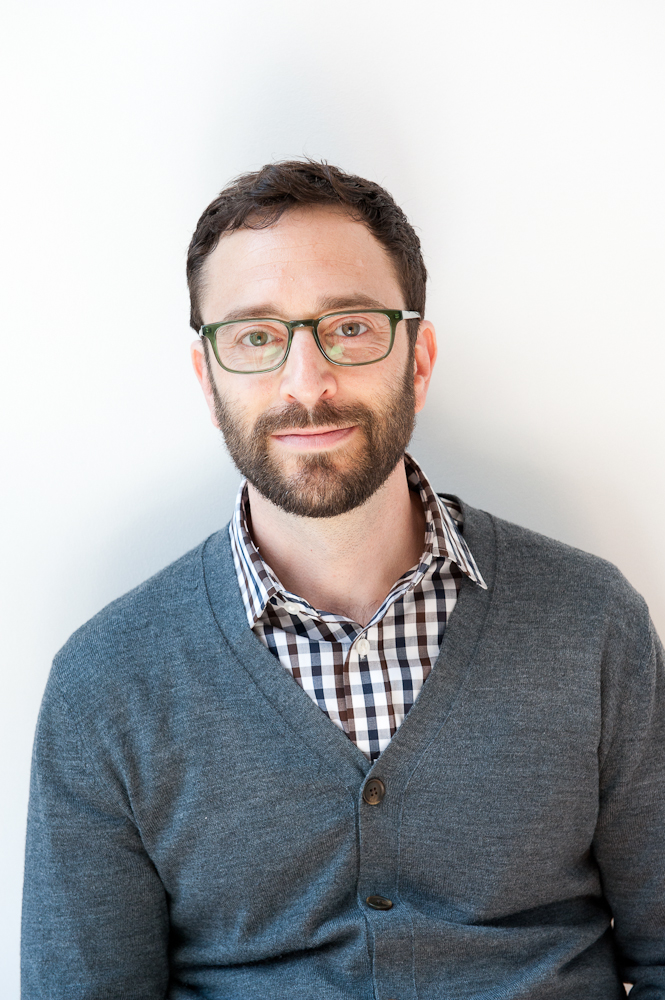 It’s actually not the field in which I did my doctoral work, that would be area called social cognitive neuroscience. This is the study of the social contexts that we put ourselves in, the ways that we talk to each other, the ways that we use language, the ways that we talk to ourselves that can really influence actual brain function, can influence the emotions and influence whether we’re beating ourselves up or whether we’re working with ourselves most effectively. There’s a lot of flexibility we have in regulating emotions that comes from research in neurolinguistics, research in other branches of psychology, other branches of neuroscience.
It’s actually not the field in which I did my doctoral work, that would be area called social cognitive neuroscience. This is the study of the social contexts that we put ourselves in, the ways that we talk to each other, the ways that we use language, the ways that we talk to ourselves that can really influence actual brain function, can influence the emotions and influence whether we’re beating ourselves up or whether we’re working with ourselves most effectively. There’s a lot of flexibility we have in regulating emotions that comes from research in neurolinguistics, research in other branches of psychology, other branches of neuroscience. W’18, is a sophomore at Wharton and contributor at The Daily Pennsylvanian, numberFire, and Fake Teams.”
W’18, is a sophomore at Wharton and contributor at The Daily Pennsylvanian, numberFire, and Fake Teams.”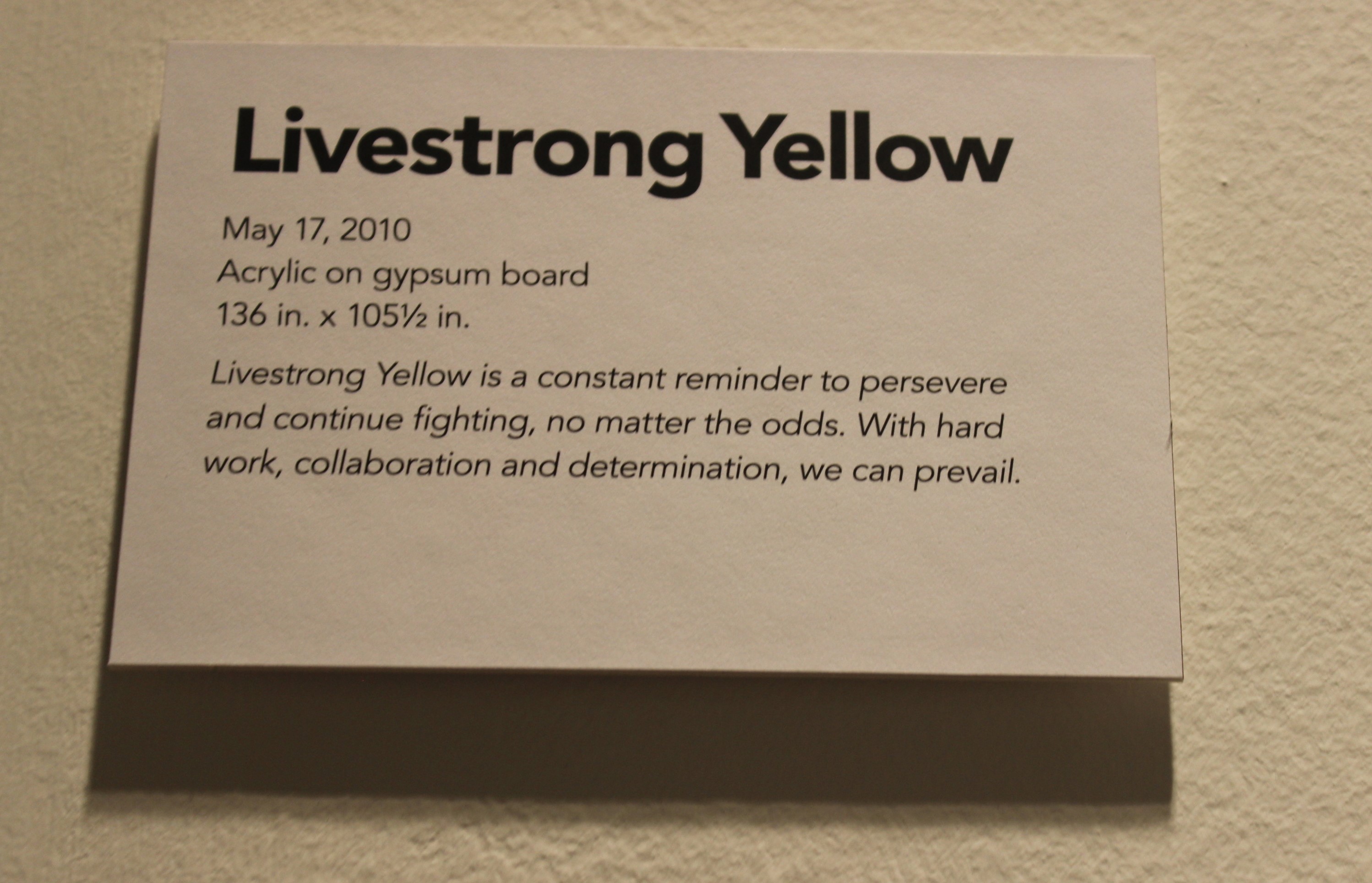
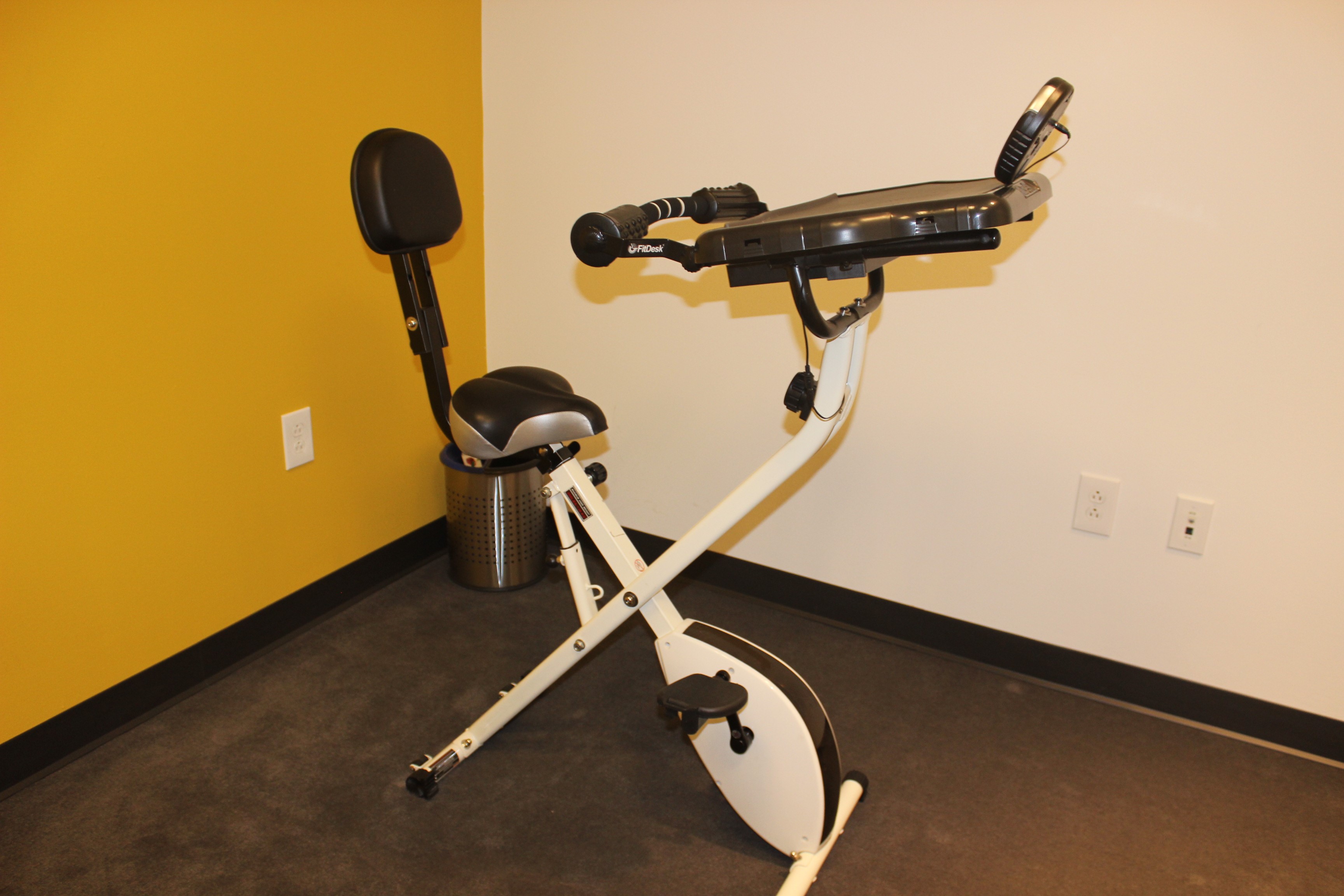
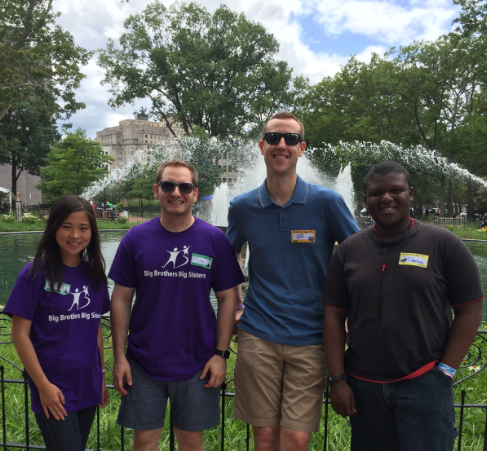
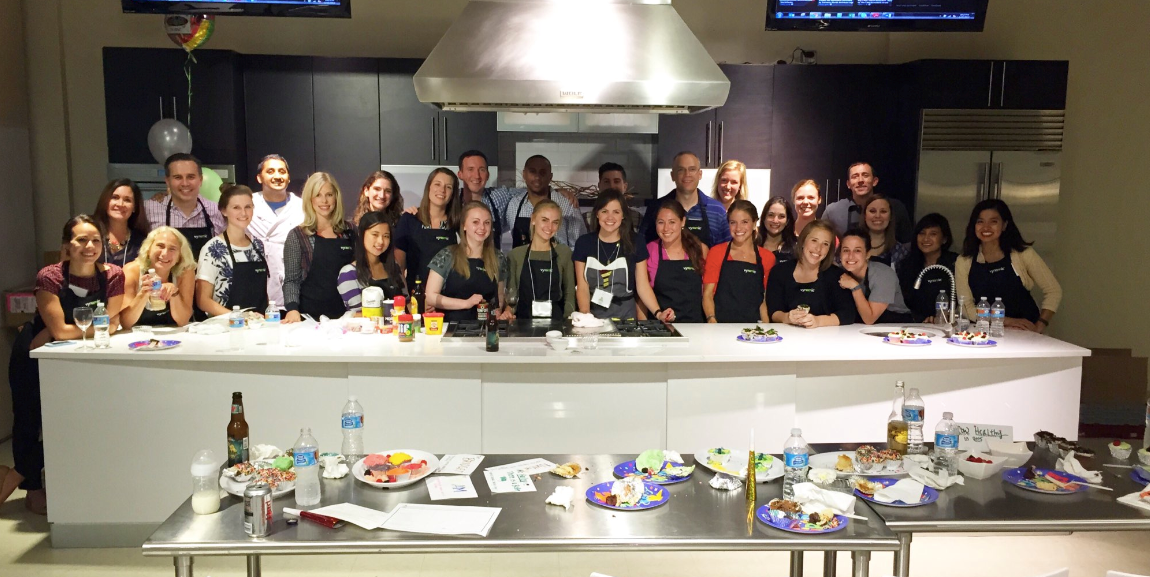

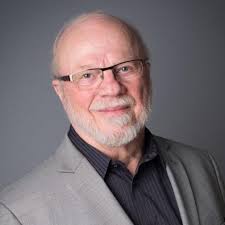 We look at character in two different ways. Everyone has their own self view of their character, and only you know what that is, what is in your heart, your intentions. Most people view themselves as being highly principled and having strong character. However your character is revealed in how you treat other people and that is all that other people see; your behavior. So people judge your character based on your behavior, they view it as a reflection of what is in your heart.
We look at character in two different ways. Everyone has their own self view of their character, and only you know what that is, what is in your heart, your intentions. Most people view themselves as being highly principled and having strong character. However your character is revealed in how you treat other people and that is all that other people see; your behavior. So people judge your character based on your behavior, they view it as a reflection of what is in your heart.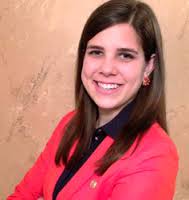 Great question.
Great question.  My first book, Reinventing You, was really the product of my own experiences because I had to reinvent myself numerous times. The way that the economy had been going think a lot of people have experienced disruption. I was a newspaper reporter and I got laid off. I worked on political campaigns and we all lost. So, I had to re-invent myself. I wrote a book trying to interview practitioners who had done this successfully, to learn about it. With my new book “Stand Out”, I try to answer the next question which is, once you find the place that you really want to make your mark, once you’ve found the job you love, or the career that you love, how do you actually get noticed above all the noise and get people to really understand and appreciate your true talent?
My first book, Reinventing You, was really the product of my own experiences because I had to reinvent myself numerous times. The way that the economy had been going think a lot of people have experienced disruption. I was a newspaper reporter and I got laid off. I worked on political campaigns and we all lost. So, I had to re-invent myself. I wrote a book trying to interview practitioners who had done this successfully, to learn about it. With my new book “Stand Out”, I try to answer the next question which is, once you find the place that you really want to make your mark, once you’ve found the job you love, or the career that you love, how do you actually get noticed above all the noise and get people to really understand and appreciate your true talent?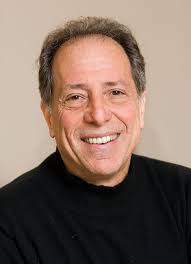 The men’s rights movement began in the 1970’s. At that time it was very much in favor of feminism and women’s rights. It basically made the argument, just as feminists had, that women were imprisoned by archaic roles and so too were men. Men wanted to be “liberated” from those stereotypical roles just as women wanted to be. However, the men’s rights movement has since morphed into a very angry and volatile anti-feminist movement of which I have no part. In fact I’m probably the person they like least because I am a big believer in gender equality.
The men’s rights movement began in the 1970’s. At that time it was very much in favor of feminism and women’s rights. It basically made the argument, just as feminists had, that women were imprisoned by archaic roles and so too were men. Men wanted to be “liberated” from those stereotypical roles just as women wanted to be. However, the men’s rights movement has since morphed into a very angry and volatile anti-feminist movement of which I have no part. In fact I’m probably the person they like least because I am a big believer in gender equality. Exactly. And I also wasn’t thinking about what my needs and expectations were. One of the most important reasons why I wanted to start this business was to be able to spend more time with my kids and have that flexibility. So Felix and I talked about it, and we realized that it actually is important for me to have those few hours per day with the kids. I get scared thinking about looking back later in life and feeling as though I missed that chance to spend time with them. From there, we discussed how we were going to manage that need, and what it would look like for us. In a family business, it’s important to express when you’re unhappy about something in your personal space, but then you must also be able separate that out from what is happening workwise.
Exactly. And I also wasn’t thinking about what my needs and expectations were. One of the most important reasons why I wanted to start this business was to be able to spend more time with my kids and have that flexibility. So Felix and I talked about it, and we realized that it actually is important for me to have those few hours per day with the kids. I get scared thinking about looking back later in life and feeling as though I missed that chance to spend time with them. From there, we discussed how we were going to manage that need, and what it would look like for us. In a family business, it’s important to express when you’re unhappy about something in your personal space, but then you must also be able separate that out from what is happening workwise.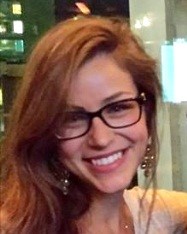 is an undergraduate senior in the Huntsman Program in International Studies and Business at Penn focusing on Management and Latin America.
is an undergraduate senior in the Huntsman Program in International Studies and Business at Penn focusing on Management and Latin America.